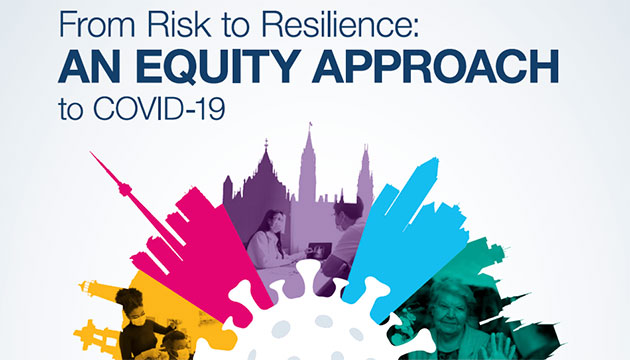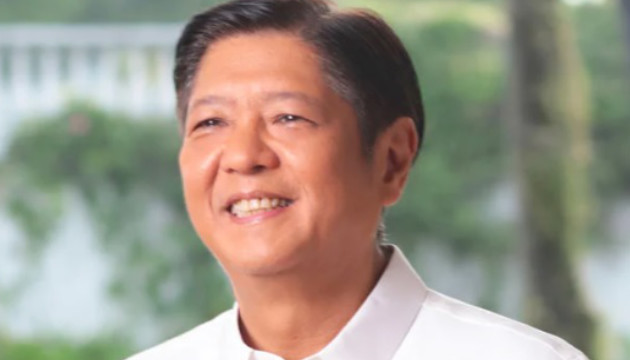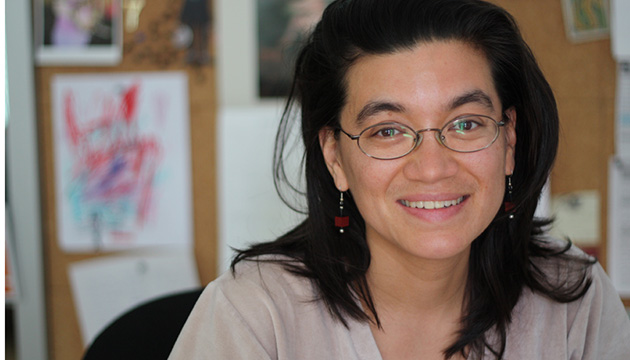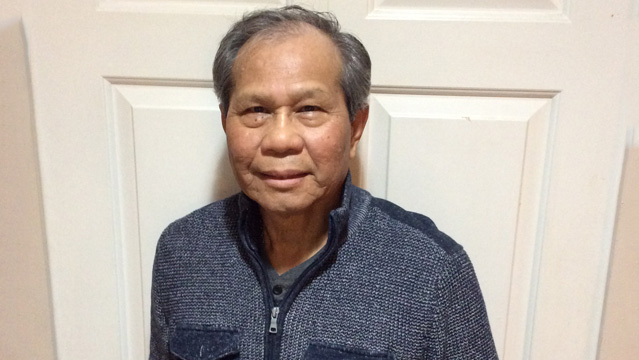October 7, 2023 – Aprodicio Laquian, founding editor of CanadianFilipino.Net, has died.
Laquian was also founding director, president, and CEO of the Maple Bamboo Network Society (MBNS), the nonprofit that publishes this online-only news magazine.
Laquian’s profile on the site relates that he was a professor emeritus of community and regional planning at the University of British Columbia.
“He was a former director of the UBC Centre for Human Settlements. After retiring from the university in 2000, Laquian served as acting director of the Massachusetts Institute of Technology’s special program in urban and regional studies in Cambridge. He was also resident scholar at the Woodrow Wilson Center for International Scholars in Washington, DC, a consultant at the Asian Development Bank in China, and a coordinator for a study of basic urban services in seven hundred cities and towns in sixteen Asia-Pacific countries, which was funded by United Cities and Local Governments (UCLG) in Barcelona, Spain. Laquian has a BA degree in public administration, cum laude, from the University of the Philippines and a PhD in political science with a major in urban studies from MIT. He has authored twenty books and numerous articles on urban planning, governance, and delivery of urban infrastructure and services (water, sewerage, transport, sustainable energy, solid waste management, and affordable housing).”
Laquian wrote about himself for the Wilson Center, a Washington, DC-based think tank:
“For a poor boy from a tiny Philippine village, escaping from the violence of a local communist insurgency (the Huk rebellion) meant trading rural misery for urban poverty. Growing up in Manila's slums and squatter colonies, it was probably not surprising that I became a professional urban and regional planner with a passionate commitment to poverty alleviation, community-based activism, urban management reform, and the exciting world of national-local politics.Happily, in the Philippines of my day, it was possible for someone from a poor family to get a good public education. Working at odd jobs and attending night school, I graduated with a B.A. in public administration from the University of the Philippines in 1959. My life changed dramatically in 1960 when I was awarded a Fulbright grant to study in the United States. I applied to MIT and happily got accepted with additional grants from the Asia, Ford and Rockefeller Foundations. Flying directly to Boston from the slums of Manila (my first plane ride ever), I thanked my early addiction to Hollywood movies for cushioning my culture shock to life in the United States. Taking urban studies at MIT, I became very interested in the problems of very large cities. In 1962, a Ford Foundation dissertation grant allowed me to return to Manila. The Ford grant enabled me to study the role of urbanization in national development - my first book, The City in Nation-building (1966) was based on my doctoral thesis. After getting my Ph.D from MIT in 1965, I returned to Manila to teach at the University of the Philippines (UP). A research grant from the Asia Foundation made it possible to write my second book, Slums are for People (1967) and another grant from The Asia Society resulted in a monograph on Slums and Squatters in Six Philippine Cities (1968). As deputy director of the UP Local Government Center, I conducted training programs for local government officials and carried out policy studies leading to the formation of a metropolitan government for Metro Manila. I also served as a consultant to the Executive Secretary in the Office of the President, formulating low cost housing programs for the urban poor. My book on the development of the Tondo foreshore land, Slums are for People, pioneered the use of urban community development in a site that became the first World Bank community upgrading and sites and services project in the Philippines.In 1968, I was offered a senior specialist fellowship by the East West Center and a position as a visiting professor at the University of Hawaii. After a year in Honolulu, I was invited by the International Association for Metropolitan Research and Development (Intermet) in Toronto to direct a project covering the largest metropolitan areas in the world. At Intermet, I published Rural-Urban Migrants and Metropolitan Development and wrote a number of articles on metropolitan planning. In 1971, I was recruited by the International Development Research Centre (IDRC) in Ottawa where I set up an urban development program awarding grants for research in Asia, Africa, Latin America, and the Middle East. Combining grants administration with my own studies, I published several books at IDRC, among them, Social Change and Internal Migration (1977), Housing Asia's Millions (1979), and Basic Housing (1983). I also directed a social science development project in East Africa, where, as a "circuit-rider" based in Nairobi, I covered a territory stretching from Ethiopia and Somalia to Botswana, Lesotho, and Swaziland and taught urban research courses at the University of Nairobi.I returned to the Philippines in 1979 to teach and carry out field research. In 1982, I joined the United Nations Population Fund (UNFPA) with a posting in Suva, Fiji, covering the whole South Pacific from Papua New Guinea to Western Samoa. Later, I was transferred to China, where I also covered Outer Mongolia and North Korea. Continuing to write, I co-authored Population and the Urban Future (1982) and wrote articles and book chapters on urbanization in China. Managing population projects in all of China's provinces, I lectured in many universities and was named an Honorary Professor at Peking University in 1989. I also collaborated with colleagues at the Chinese Academy for Social Sciences in conducting a study of internal migration and the growth of small towns in China's coastal regions. Taking early retirement from the UN in 1990, I returned to academia by becoming a professor in community and regional planning and director of the Centre for Human Settlements at the University of British Columbia. At UBC, I headed the Asian Urban Research Network, a comparative study of the planning and governance of mega-urban regions in China (Beijing, Shanghai, Guangzhou), Indonesia (Jakarta and Bandung), Thailand (Bangkok), and Vietnam (Ho Chi Minh City). I was also principal investigator in a project studying water management in Beijing and Tianjin and another project establishing three schools of urban and regional planning in Sri Lanka (in Kandy, Matara, and Jaffna).My wife Eleanor and I have co-authored three books, The Silent Debate: Asian Immigration and Racism in Canada (1997); Joseph Ejercito Estrada, the Centennial President (1998), and The Erap Tragedy, Tales from the Snake Pit (2002). The first book grew out of a project we conducted at UBC's Institute of Asian Research, the second tells of our role in the campaign that got Joseph Estrada elected president in 1998, and the third one is an account of our brief involvement in Estrada's presidency before he got impeached and imprisoned in 2001. For my project at the Woodrow Wilson Center, I am expanding my UBC study of six Asian cities to include all 14 mega-urban regions in Asia. I am particularly interested in the shift from master planning to comprehensive strategic planning for the sustainable development of expanded metropolitan regions. On the governance side, I am focusing on the need for efficiency and accountability in the management of urban services on the one hand and the growing importance of citizen participation in urban policy making on the other. A major aspect of my study is the active role of civil society groups in the planning and governance of mega-urban regions in Asia.”
Education
B.A. (1959) Public Administration, cum laude, University of the Philippines; Ph.D. (1965) Political Science, Massachusetts Institute of Technology
Experience
Visiting Scholar, Department of Urban Studies and Planning, and Acting Director, Special Program for Urban and Regional Studies (SPURS), MIT, September 2001-May 2002
Chief of Staff, Office of the President of the Philippines, and Head of the Presidential Management Staff, Manila, 2000
Professor, School of Community and Regional Planning, and Director, Centre for Human Settlements, University of British Columbia, Vancouver, 1991-2000
Chief, Evaluation Division, and Deputy Director, Technical and Evaluation Division, United Nations Population Fund (UNFPA), New York, 1990-91
Country Representative, UNFPA, PeopleÕs Republic of China, Outer Mongolia and Democratic People's Republic of Korea, Beijing, 1984-90
Deputy Representative and Senior Adviser on Population, UNFPA, the South Pacific, Suva, Fiji, 1982-84
Visiting Professor, De la Salle University, Manila, 1979-82
Director, Social Sciences Development Project, International Development Research Centre (IDRC), Nairobi, 1977-79
Associate Director, Social Sciences and Human Resources, IDRC, Ottawa, Canada, 1971-77
Director of Research, International Association for Metropolitan Research and Development, Toronto, 1969-71
Visiting Professor, Department of Political Science, University of Hawaii, and Senior Specialist, East West Center, Honolulu, 1968-69
Assistant/Associate Professor, College of Public Administration, University of the Philippines, Manila, 1965-68
Deputy Director, Local Government Center, College of Public Administration, University of the Philippines, 1965-68
Expertise
Planning and governance of mega-urban regions; metro-politics; poverty alleviation through affordable housing and basic urban services; decentralization, local autonomy and community-based development; role of civil society in urban affairs; population growth and internal and international migration; societies in transition from centrally planned to market-oriented economies; planning the multiethnic and multicultural city; formulation and implementation of national urban strategies; [and] planning for sustainable development.













